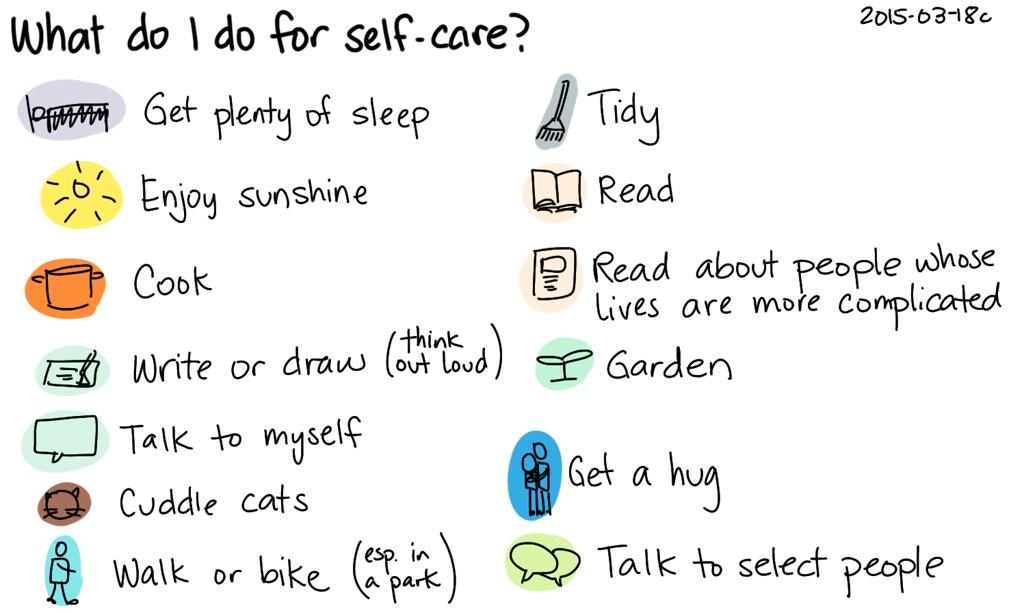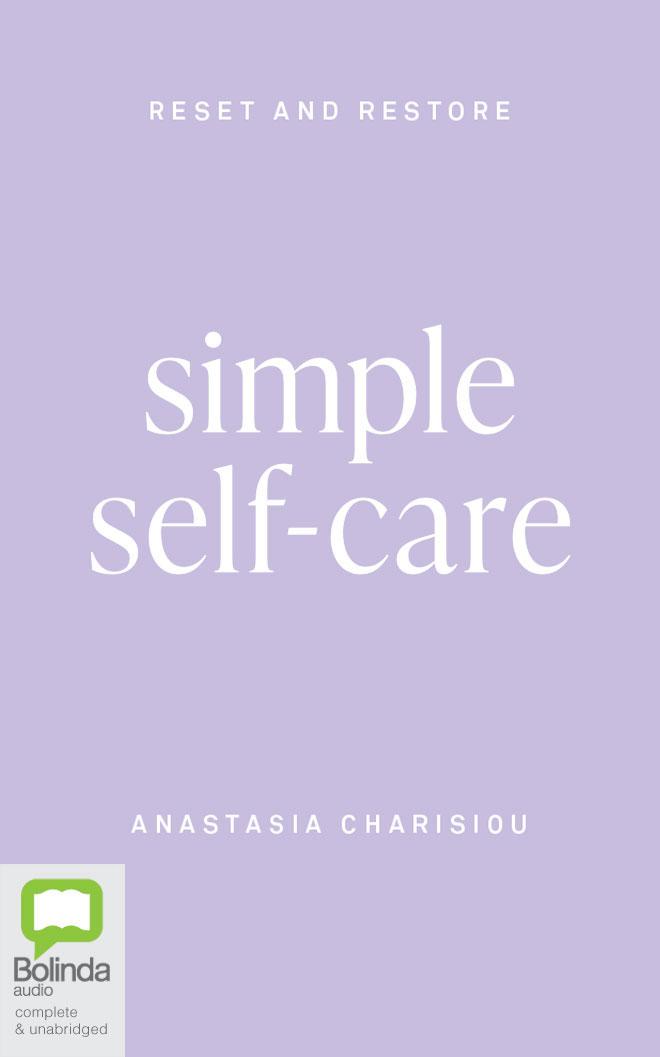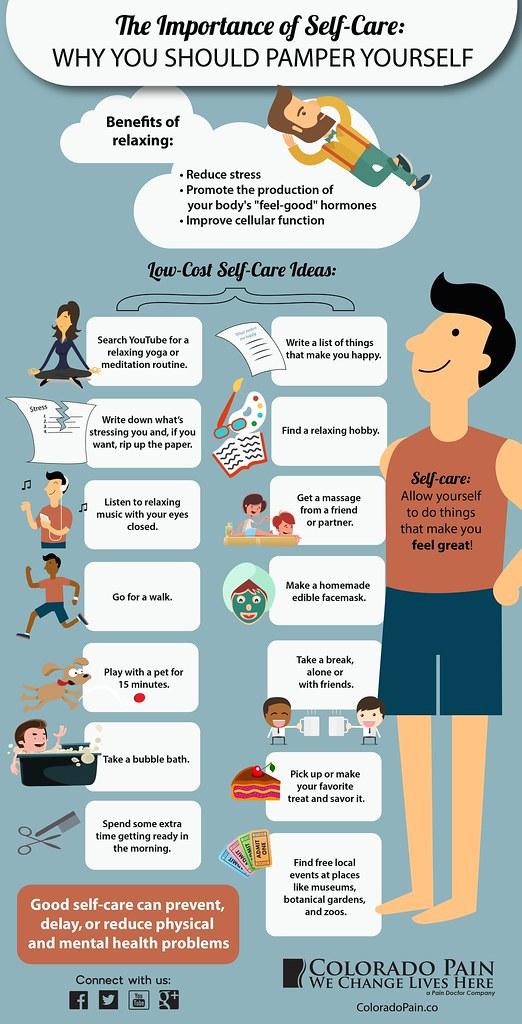In an era where constant connection and relentless demands seem to permeate every aspect of our lives, taking a deep breath and putting our mental well-being first has never been more important. Welcome to a journey through the labyrinth of self-care for the mind, where we explore the tools and practices that help us build unwavering resilience in the face of life’s endless hurdles. Here, we invite you to delve into the realm of mental fortitude, where creativity reigns and neutrality stands as our guiding beacon. Grab your metaphorical toolkit, for we are about to embark on an adventure that promises to nurture, restore, and empower the mind within the boundless realm of self-care.
Exploring the Power of Positive Thinking and Mindfulness for Mental Resilience
When it comes to taking care of our physical health, we often think of exercise and a balanced diet. But what about our mental well-being? Cultivating mental resilience is just as important as maintaining physical fitness. In this post, we delve into the power of positive thinking and mindfulness as essential tools for self-care, equipping us with the ability to bounce back from life’s challenges.
Positive thinking is not about denying or avoiding negative emotions, but rather, consciously shifting our focus towards more optimistic perspectives. By reframing our thoughts and interpreting situations in a positive light, we can create a more resilient mindset. Surrounding ourselves with positivity, whether through affirmations, supportive relationships, or inspirational content, can further reinforce our ability to stay mentally strong.
Mindfulness, on the other hand, involves being fully present in the moment without judgment. By practicing mindfulness techniques, such as meditation or deep breathing exercises, we can train our minds to redirect negative thoughts and reduce stress. This intentional focus on the present allows us to be more aware of our emotions and better equipped to manage them effectively. Incorporating mindfulness into our daily routine can lead to increased mental clarity and overall resilience.
Benefits of Positive Thinking and Mindfulness:
- Improved Stress Management: Positive thinking and mindfulness practices help reduce stress levels and promote emotional well-being, allowing us to handle stressful situations more effectively.
- Enhanced Self-awareness: By cultivating a positive mindset and practicing mindfulness, we become more attuned to our thoughts and emotions, allowing us to recognize and address potential negative patterns or triggers.
- Increased Optimism: Positive thinking helps us embrace a more optimistic outlook on life, enabling us to see opportunities in challenges and approach obstacles with resilience.
By harnessing the power of positive thinking and incorporating mindfulness exercises into our daily lives, we can foster mental resilience and create a solid foundation for self-care. These tools provide us with the strength and mindset necessary to navigate life’s ups and downs with grace and grit. So, let’s embark on this journey together and prioritize our mental well-being.

Unleashing the Healing Benefits of Meditation and Breathwork on the Mind
In our fast-paced world filled with endless distractions, taking care of our mental health has never been more important. With the ever-increasing stress and anxiety levels, it’s crucial to equip ourselves with effective tools for mental resilience. One such powerful practice is the combination of meditation and breathwork.
Meditation, known for centuries as a way to calm and focus the mind, allows us to tap into our inner peace and gain clarity. By practicing mindfulness, we become aware of our thoughts and emotions, enabling us to navigate them with greater ease. Incorporating meditation into our daily routine can bring tremendous healing benefits to our mind, including:
- Reduced stress: Through deep breathing and the release of tension in the body, meditation helps lower stress hormone levels, promoting a state of calmness and relaxation.
- Enhanced mental clarity: By quieting the mind and detaching from racing thoughts, meditation improves focus, concentration, and overall cognitive function.
- Emotional balance: Regular meditation practice fosters emotional intelligence and cultivates a sense of equanimity, allowing us to respond to life’s challenges with greater resilience.
- Improved sleep: By promoting relaxation and reducing anxiety, meditation can aid in achieving better sleep quality and combating insomnia.
But what makes this duo of meditation and breathwork even more impactful is their synergy. When combined, breathwork techniques such as deep belly breathing or alternate nostril breathing can further enhance the healing benefits of meditation. By consciously regulating our breath, we stimulate the parasympathetic nervous system, triggering the relaxation response and activating our body’s natural healing mechanisms.
When engaging in breathwork alongside meditation, the mind becomes even more receptive to inner healing and transformative shifts. Incorporating intentional breathing techniques can help:
- Alleviate anxiety and panic: Focusing on slow, deep breaths interrupts the cycle of racing thoughts and activates a relaxation response, reducing feelings of anxiety and panic.
- Improve emotional regulation: Breathwork techniques provide a grounding anchor during times of emotional turmoil, helping to release tension and bring about a sense of calm and stability.
- Boost energy and vitality: By directing our breath with intention, we can invigorate the body, increase oxygen levels, and promote overall well-being and vitality throughout the day.
- Enhance self-awareness: Conscious breathing brings us into the present moment, heightens our self-awareness, and deepens our connection with ourselves and the world around us.
In conclusion, integrating meditation and breathwork into our self-care routine provides a powerful toolset for promoting mental resilience and overall well-being. By nurturing our mind with these practices, we can unleash the healing potential within, cultivate inner peace, and navigate life’s challenges with grace and strength.

The Art of Self-Reflection: Nurturing Mental Health through Journaling and Creative Expression
The Power of Self-Reflection
Amidst the chaos of our fast-paced lives, it’s crucial to find moments of calm and inner peace. Self-reflection is a powerful tool that allows us to delve into the depths of our thoughts and emotions, nurturing our mental well-being. Journaling and creative expression serve as gateways to self-discovery and can help build resilience in our minds.
Journaling: Putting pen to paper and documenting our thoughts and experiences allows us to organize our minds and gain clarity. The process of writing helps in recognizing patterns, fears, and desires, enabling us to better understand ourselves. By dedicating a few minutes each day to journaling, we create a safe space for self-expression and reflection, which can lead to personal growth and increased self-awareness.
Creative Expression: Engaging in artistic activities such as painting, drawing, or crafting acts as a therapeutic outlet for our emotions. Through these creative processes, we can express what may be difficult to put into words. Art allows us to explore our subconscious, uncover hidden emotions, and find solace. Whether it’s picking up a paintbrush, playing an instrument, or simply doodling, creative expression provides us with a release and a sense of accomplishment.

Crafting a Supportive Environment: Creating Healthy Habits and Routines for Mental Well-being
Creating a supportive environment for your mental well-being is essential for cultivating healthy habits and routines. By consciously crafting a space that promotes self-care and fosters resilience, you can nurture your mental health and build the necessary tools to navigate life’s challenges. Here are some strategies and techniques to help you on your journey towards mental resilience:
1. Prioritize Daily Self-Care Rituals
Make self-care an integral part of your daily routine. Carve out dedicated time to indulge in activities that bring you joy and relaxation. Whether it’s practicing mindfulness, taking a long bath, reading a book, or enjoying a hobby, these rituals can help you recharge and support your mental well-being.
2. Cultivate a Positive Mindset
Developing a positive mindset is crucial for building mental resilience. Practice reframing negative thoughts and focusing on gratitude. Surround yourself with uplifting and supportive people who contribute to your well-being. Engage in positive self-talk and celebrate your achievements, no matter how small.
3. Establish Boundaries and Say “No”
Setting healthy boundaries is essential for maintaining mental wellness. Learn to say “no” when necessary, as it allows you to protect your time and energy. Prioritize activities and relationships that align with your values and bring you fulfillment, while also respecting your own limits and needs.
4. Engage in Physical Exercise
Regular physical exercise not only benefits your physical health but also plays a significant role in promoting mental well-being. Incorporate activities like walking, jogging, yoga, or any form of exercise that you enjoy into your routine. It can help reduce stress, boost mood, and improve your overall mental resilience.
| Benefits of Creating a Supportive Environment |
|---|
| Reduced stress levels |
| Increase in self-esteem and self-worth |
| Improved focus and productivity |
| Enhanced emotional well-being |
Remember, crafting a supportive environment for your mental well-being is an ongoing process. Experiment with different strategies and find what works best for you. By incorporating these practices into your daily life, you can cultivate healthy habits and routines that promote mental resilience and contribute to your overall well-being.
As we bid adieu to this exploration of self-care for the mind, may we carry these invaluable tools for mental resilience with us like precious treasures. Remember, the mind is a garden where thoughts can either flourish or wither, and it is within our power to nurture it with utmost care.
In this chaotic world, self-care is not merely a luxury, but a lifeline that allows us to rise above the noise and reconnect with our inner selves. Through practicing mindfulness, we unlock the door to tranquility, finding solace amidst the stormy tempests of life.
Meditation, a simple yet profound practice, becomes our gateway to silence, paving the way for clarity amidst the constant barrage of thoughts. It allows us to observe the ebb and flow of our emotions without judgment, fostering compassion for ourselves and others in the process.
Writing, dear companion of the soul, becomes our trusted confidante in navigating the labyrinth of our minds. Pen to paper, we pour our thoughts, fears, and dreams, granting them freedom from the confines of our minds. In their release, we find catharsis, liberation, and the realization that we are more resilient than we ever thought.
Let music become the symphony that rejuvenates our weary souls. Tunes, sweet melodies that dance upon our ears, settle the chaos within, energizing us with hope and inspiration. They have the power to transport us to distant lands, offering solace in their melodic embrace.
Remember, dear reader, self-care for the mind is an ongoing journey, not a destination. It requires patience, dedication, and a gentle touch. By making space for ourselves in this bustling world, we honor our mental well-being and empower ourselves to face the challenges that lay ahead.
In closing, may these tools ignite the flame of mental resilience within you, lighting the path towards a brighter, more fortified mind. As you weave self-care into the very fabric of your life, may you emerge as a beacon of strength and grace, radiating the beauty that lies within. Remember, you hold the key to your own mental fortress. Cherish it, nurture it, and watch it flourish.



